Background
I'm building a Private Chef booking service where you can book a Chef to cook you a custom Menu. I'm having trouble creating a SQL db schema that accurately represents the domain while maintaining data integrity.
Requirements
- Customers create a
Bookingby selecting aChefand aMenuand choose theMenuItemsthey want for eachMenuCourse - A
Chefdefines a set ofMenuItemthat a customer can choose from to create theirBooking - A
Menuis a collection ofMenuCourses. (ex. AMenunamed "Tasting Menu" is a 6 course meal, where eachMenuCoursecosts between $10-20). - A
Chefshould be able to associate theirMenuItemswith multipleMenusandMenuCourses. - A customer
Bookingshould contain theChefthe customer selected along with theMenu(and theMenuItems) that will be served.Bookingprice is determined by theMenuandMenuCourseselections (an appetizer costs less than an entree)
Problem
In my current data model, I have the following issues that I'm not sure how to fix:
A. It's possible to create a Booking with Chef "A", but then have a BookingMenuItem that references a MenuItem with Chef "B" (all the BookingMenuItem for a Booking should belong to the same Chef)
B. A Booking references a particular Menu (which I need for pricing, pricing is based on Menu and MenuCourse) however a BookingMenuItem for that Booking could reference a completely different Menu or MenuCourse
Is it possible to re-design my db schema to fix the integrity problems I'm having? Or do I just have to implement these checks at the application level. Thanks!
